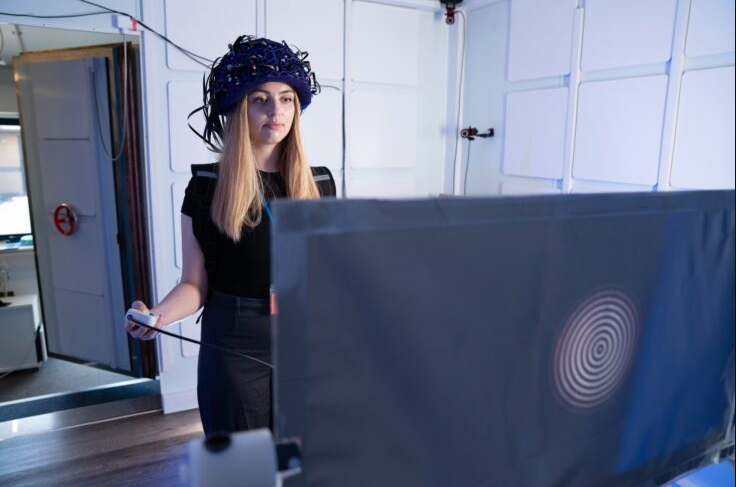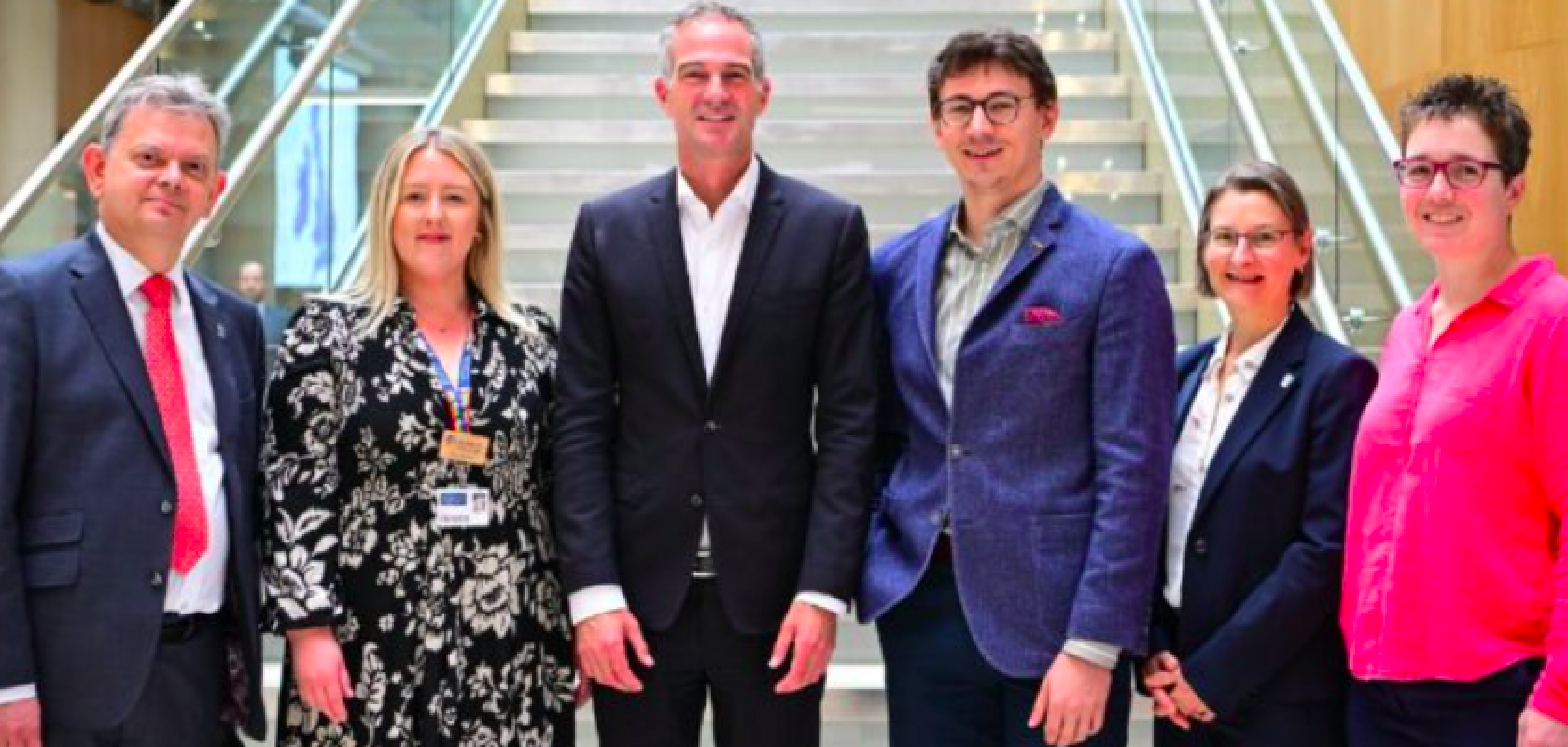Five new quantum research hubs have been backed with over £100 million in government funding to help develop faster medical scanners, secure communication networks, and next-generation navigation systems.
The hubs will be delivered by the UKRI Engineering and Physical Sciences Research Council (EPSRC), with a £106 million investment from EPSRC, the UKRI Biotechnology and Biological Research Council, UKRI Medical Research Council, and the National Institute for Health and Care Research.
The financial backing, announced by the UK’s Secretary of State for Science, Innovation and Technology, Peter Kyle, will bring researchers and businesses together, allowing them to use their scientific expertise and with commercial understanding and resources to develop quantum technologies that will directly impact people’s lives. This includes areas such as healthcare, security, and clean energy.
Commenting on the funding, Peter Kyle said: “We want to see a future where cutting-edge science improves everyday lives. That is the vision behind our investment in these new quantum technology hubs, by supporting the deployment of technology that will mean faster diagnoses for diseases, critical infrastructure safe from hostile threats and cleaner energy for us all.”
Kyle continued: “This isn’t just about research; it’s about putting that research to work. These hubs will bridge the gap between brilliant ideas and practical solutions. They will not only transform sectors like healthcare and security, but also create a culture of accelerated innovation that helps to grow our economy.”
Translating research into real world applications
The five new hubs will be led by leading universities across the UK. The hubs will be based in Glasgow, Edinburgh, Birmingham, Oxford, and London. Working closely with industry partners, they will help to ensure that research translates into real-world applications that benefit the public.
The UK Quantum Biomedical Sensing Research Hub at the University College London and University of Cambridge will explore quantum sensors for ultra-sensitive disease diagnosis, such as cancer and Alzheimer’s disease.
At the University of Birmingham, the UK Quantum Technology Hub in Sensing, Imaging and Timing will work on the development of quantum sensing for practical applications, such as advanced security and infrastructure monitoring.

Technology, such as the quantum enabled scanner, will form part of the medical advancements made by the Hubs (Image: UKRI)
The Integrated Quantum Networks Quantum Technology Hub at the Heriot-Watt University will attempt to deliver the technologies for a future UK-wide ‘quantum internet’.
The Hub for Quantum Computing via Integrated and Interconnected Implementations, based at the University of Oxford, will seek to develop technologies for building quantum computers.
Finally, the UK Hub for Quantum Enabled Position, Navigation and Timing at the University of Glasgow hopes to create quantum-based positioning and navigation systems for critical infrastructure, autonomous vehicles, and improved indoor and underwater navigation.
Supporting the UK government’s wider initiatives
The backing is hoped to bring about innovations in quantum that will help to support the government’s first mission to kickstart economic growth.
The intention to create new technologies in hubs that can be sold and exported, driving up GDP. At the same time, innovations will help the government’s mission to rebuild Britain, with quantum technology helping to build a more efficient NHS and future-proof cyber security.
Charlotte Deane, EPSRC Executive Chair Professor, concluded: “Technologies harnessing quantum properties will provide unparalleled power and capacity for analysis at a molecular level, with truly revolutionary possibilities across everything from healthcare to infrastructure and computing. The five Quantum Technology Hubs announced today will harness the UK’s expertise to foster innovation, support growth and ensure that we capitalise on the profound opportunities of this transformative technology.”
Lead image: UKRI


